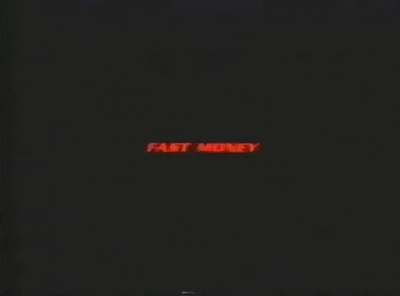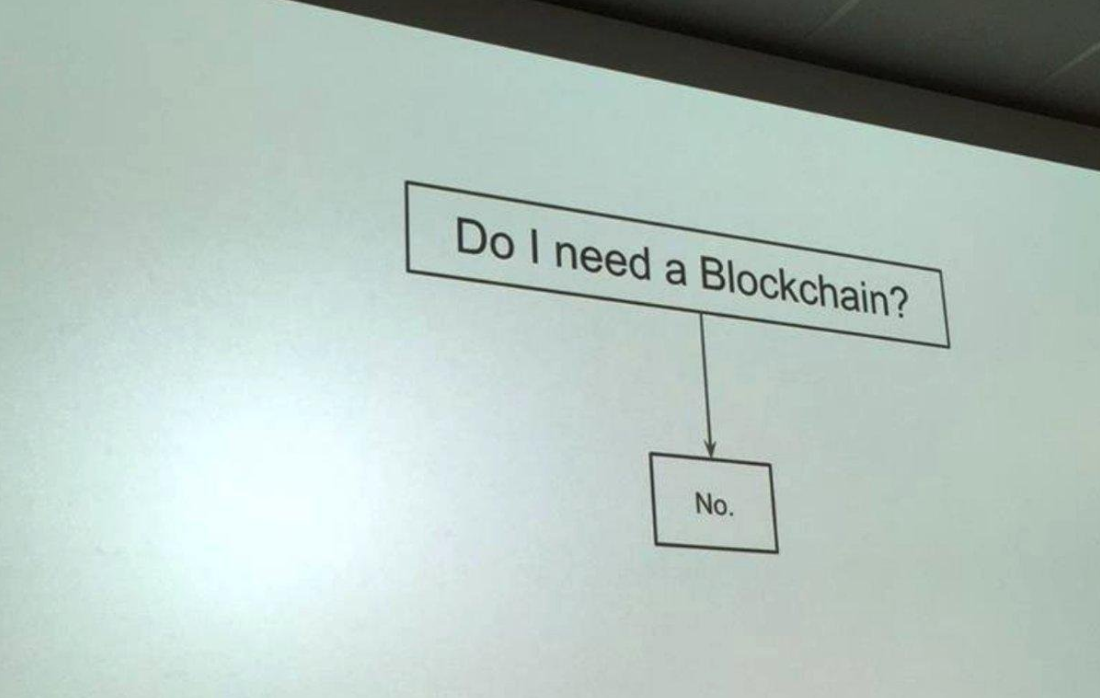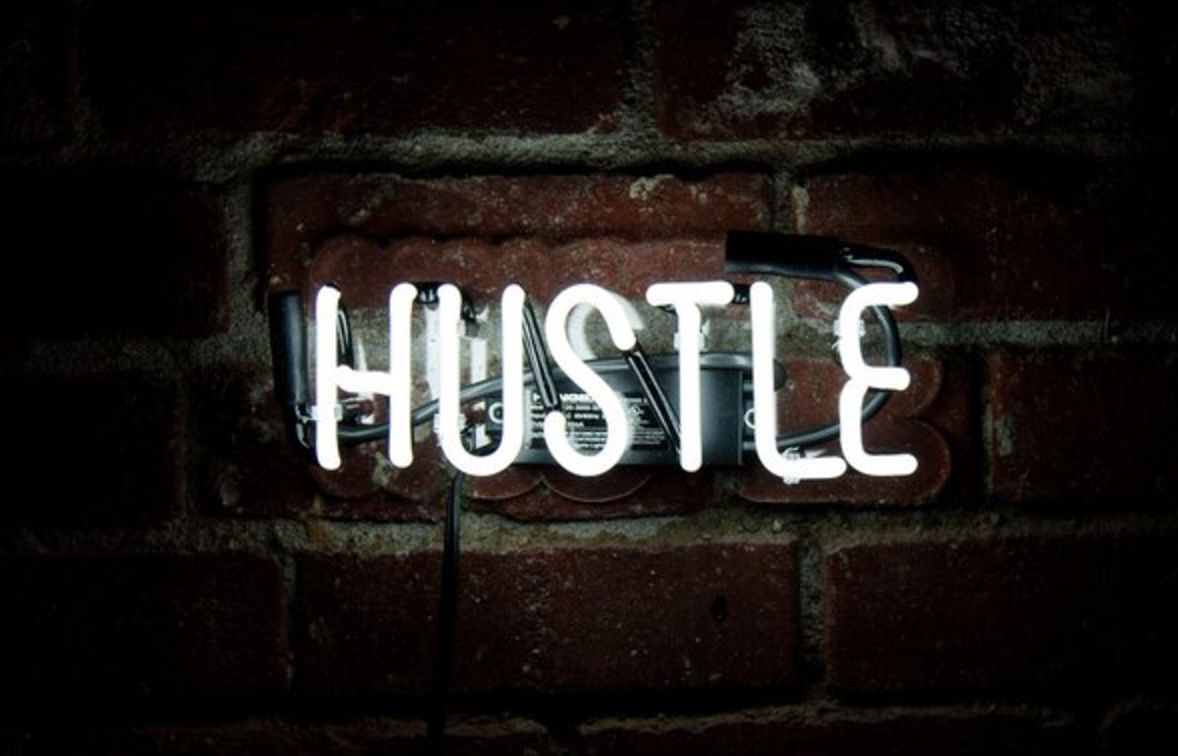
Click below to listen to Steve read this post (5 min audio)
In a digital world, if we collectively believe in an outcome, it’s very likely to occur.
This is not a new concept. Behavioural Economics says that the economy will respond to the future conditions people believe will transpire. Because they expect it, they make it so. Downturns can become inevitable, just by thinking one might happen.
But it isn’t just memes and videos that can go viral. Our financial markets, which are fully digital, have also become susceptible to virality. An idea can become true, a market can crash or a bank can fail, simply because we think it might happen. The idea becomes the truth. This just happened with Silicon Valley Bank. Their story is an allegory for our modern world.
World’s First Viral Bank Failure
Silicon Valley Bank (SVB) is a very important bank to the startup and tech eco system in the USA. In 2021 when times were good and money was flowing, they were filling up with deposits. Just like any bank, they wanted to put those deposits to best use. So they bought a large amount of long term bonds at the then interest rates at a little over 1% per annum. This was a quasi bet that interest rates wouldn’t change much. Granted, they had been very low for around a decade. Then in 2023, the interest rate goes from near zero, to 5%. This means that SVB has all these unrealised losses on their books. If they had to sell them in the short run, they’d be in some trouble. The reason is that the new higher interest rates, make the bonds worth less, around 95 cents on the dollar. At the same time, the startup eco system was simply spending their capital and not raising more, because financial markets were tightening. And this started to create a bit of a crunch.
Then, in February, a tech blogger named Byrne Hobart wrote a post proclaiming the SVB was functionally insolvent. It actually wasn’t – all banks have less money than they take in. (In Australia, banks only require 17.5% of deposits on hand). The rest they loan out. As you can imagine, this blog post, raised many eyebrows in Silicon Valley. People started to worry. Then, within a couple of weeks, various venture capitalist group chats, all started to send messages around, advising their portfolio companies to withdraw their money from SVB. And because everything is digital, this happened very quickly. As would be the case with any bank, if everyone wanted their money back immediately, they wouldn’t be able to do it. Within weeks SVB had to shut its doors. It was the fastest Bank Run in US history.
This was the worlds first ever Viral Bank Failure
In the same way that a tweet can go viral, so can the idea that a bank might fail, go viral. SVB became insolvent, because people thought it would become insolvent. A bank which was valued at over US$40 billion a few months back, no longer exists.
Learn how fast AI is changing our world – get me in to deliver my mind blowing new Keynote on AI at your next event – Time waits for no one.…
Collective Digital Reality
It’s as if the digitisation creates a natural gravity. It empowers ideas which are popular to win, regardless of their veracity.
As a species, collective thought is more important than reality. Once we believe something strongly enough, it becomes a reality. We do this with our gods, our currencies and our economies. We make myths a reality.
The only challenge, is that in a hyper connected world, dangerous ideas can become real – real quick, regardless of what the science says.
—
Keep Thinking,
Steve.





